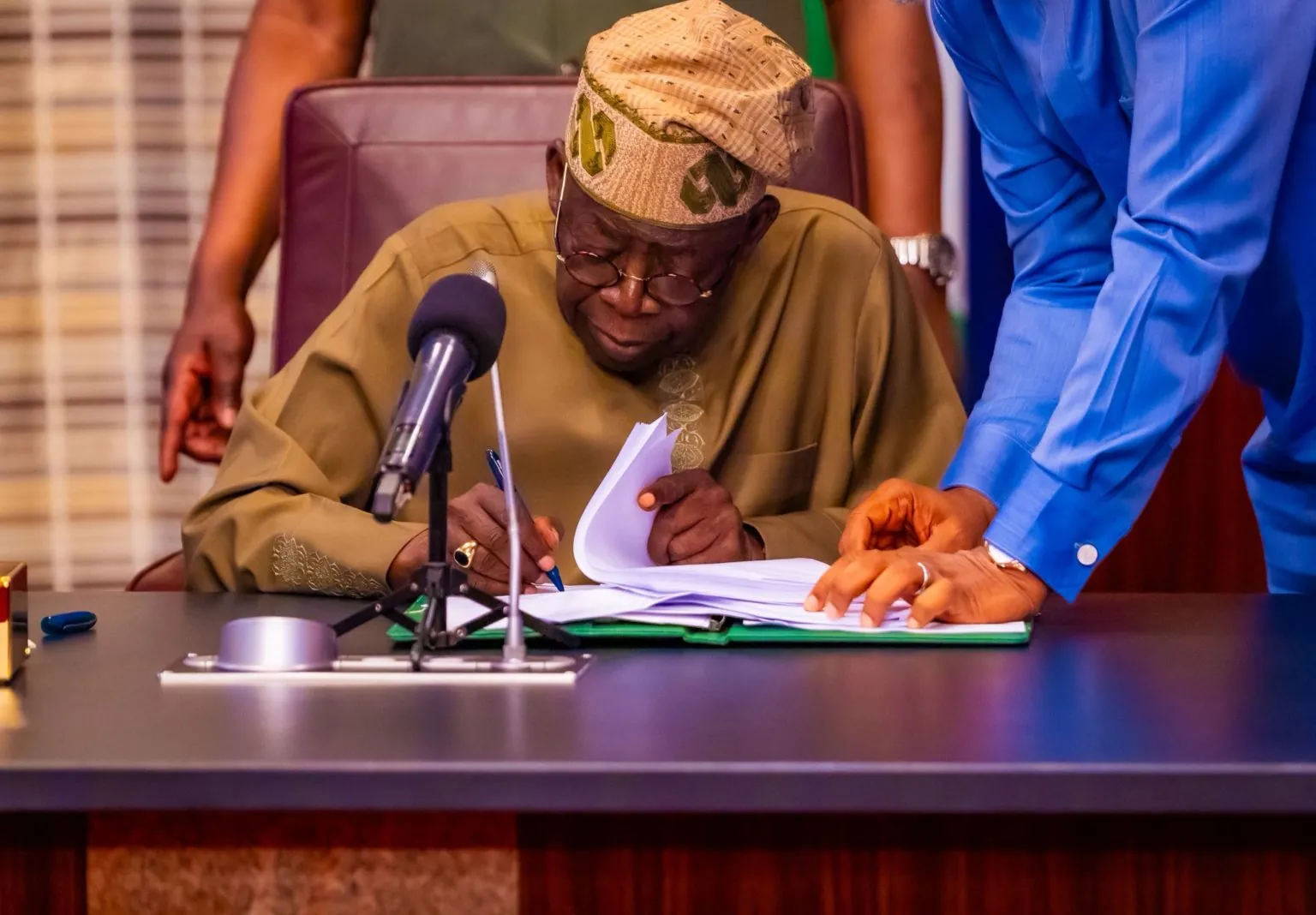Chairman of the Presidential Committee on Fiscal Policy and Tax Reforms, Taiwo Oyedele, has described the recent signing of Nigeria’s new tax reform legislation as a major milestone, expressing optimism about the country’s future.
Appearing on The Morning Brief on Channels Television on Friday, Oyedele reflected on the significance of the new laws, which he said offer “a sense of fulfilment and hope for Nigeria.” He acknowledged that while the signing was a significant achievement, the real challenge lies ahead in the actual implementation of the reforms.
“It’s been a very difficult journey,” he said. “Thanks to all our stakeholders… now that we’re here, I think the foundation has been laid.”
Oyedele likened the reforms to laying a foundation for a home, emphasizing that though progress has been made, the country must now build on that foundation.

“If you’re homeless and you manage to put up a foundation, you are still homeless. But you’ve made very important progress. And therefore, just building on that, here’s the next phase,” he added.
The legislation, which was signed into law by President Bola Tinubu on Thursday at the Presidential Villa, comprises four key bills: the Nigeria Tax Bill, the Nigeria Tax Administration Bill, the Nigeria Revenue Service (Establishment) Bill, and the Joint Revenue Board (Establishment) Bill.
The new framework aims to restructure the tax system, increase government revenue, create a more business-friendly environment, and attract both local and international investment.
The signing ceremony was attended by several high-ranking officials, including ministers, state governors, lawmakers, and presidential aides.
Chairman of the Federal Inland Revenue Service (FIRS), Zacch Adedeji, announced that the new tax regime will officially take effect from January 1, 2026, allowing a six-month window for sensitisation and system adjustment.
“It takes time for all the stakeholders, participants, operators, and the regulator to change the system,” Adedeji stated, adding that the January rollout aligns with the government’s fiscal calendar and provides adequate room for planning.
Although concerns were earlier raised by some state governors over potential impacts on state revenue and salary obligations, federal officials maintain that the legislative process was inclusive and addressed those issues before final passage.
The reforms mark a bold move by the Tinubu administration to overhaul Nigeria’s tax infrastructure in hopes of stimulating economic growth and improving transparency and efficiency across revenue-generating agencies.




